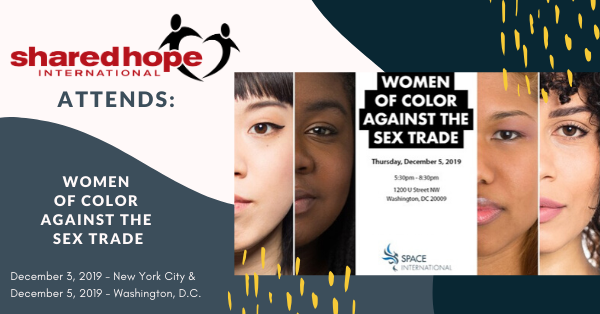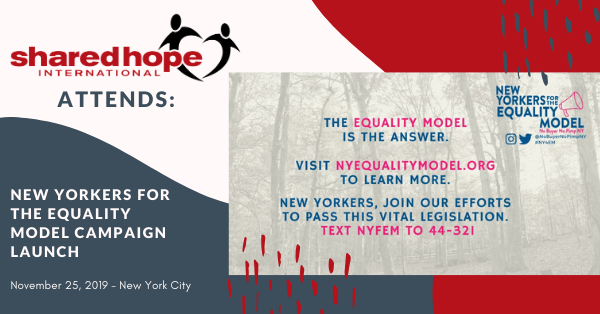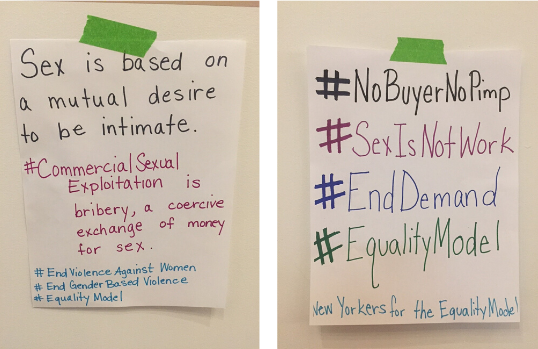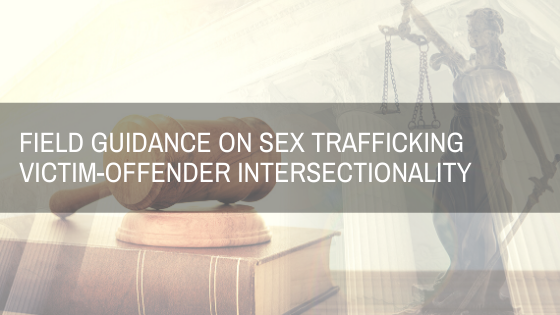
Shared Hope had the opportunity to attend SPACE International’s Women of Color Against the Sex Trade panel discussions co-hosted last week by Coalition Against Trafficking in Women and the Roosevelt House’s Human Rights program in New York and by Rights4Girls in Washington D.C.
Tuesday, December 3, 2019, New York City – Brittany Peck, CEM, Training Events Specialist
Co-hosted by the Roosevelt House in NYC, formerly the home of Eleanor Roosevelt, a well-known global advocate for human rights, the mood of the event was inspired by the setting.
Two panel discussions took place with survivor leaders from all over the world sharing their expertise as leaders in anti-trafficking. The first panel addressed, “Frontline Services: Tools and Strategies to Help Survivors Rebuild Their Lives.” Panelists discussed the importance of providing survivors with housing, vocational training and support in establishing self-sufficiency. They stressed that without the stability of a home, it is very difficult to focus on other services in place to help rebuild one’s life. They explained the role “survival sex” plays in why people enter the life due to systemic oppression whether that includes race, poverty or citizenship status, many of these intersecting. Panelists provided statistics demonstrating how disproportionately women of color are targeted for prostitution and trafficking. The panel also discussed that violence can often be more aggressive and prominent against survivors of color. This is rooted in oppressive ideologies like colonialism, racism and sexism.
The second panel addressed “How Did We Get Here and What is the Way Out? The Sex Trade and the Cradles of Patriarchy, Race and Colonialism.” Panelists discussed different legislative models including decriminalization, full criminalization and the Equality Model. Panelists stressed that prostitution is a human rights issue and that it stems from the oppressive systems that make prostitution an option for those who lack resources. The panelists concluded that purchasing sex is about abuse and power, not liberation.
Thursday, December 5, 2019, Washington D.C. – Camryn Peterson, Digital Advocacy Manager
Thursday’s panel was co-hosted by Rights4Girls, a human rights organization focused on ending violence against women and girls in the United States, which includes those victimized by sex trafficking.
The panel in D.C., “Women of Color Against the Sex Trade,” brought together women from across the world to share their stories and bring light to the reality that women of color make up over half of sex trafficking victims. Throughout the evening, the women discussed the three legal responses to commercialized sex: legalization, decriminalization, and the Equality Model. The Equality Model, also known as the Nordic Model, is currently being discussed in New York and has been introduced in Maine. This type of legislation would penalize buyers and exploiters, not those selling commercial sex. This model aims to decrease the demand for commercialized sex, and therefore decrease sex trafficking, resulting in more protections for women and child victims of sex trafficking.
The panel further discussed how the commercialized sex industry is propelled by misogyny, patriarchy, and capitalism in our societies. Tina Frundt, the Founder and Executive Director of Courtney’s House in D.C. recounted her recent personal story of men soliciting her for sex while she was walking her dog. Many other women on the panel shared similar stories. Frundt later stated that “male entitlement within the commercialized sex industry leads to higher demand, which leads to higher supply.” To end this cycle, the buyers and other exploiters must be held accountable for their role in this system, while those engaged in commercial sex should receive services to enable them to exit the industry. Just a few months ago, D.C. Councilmembers brought forward a bill aimed at fully decriminalizing the commercial sex industry in the city, but after 14 hours of testimonies, the bill was killed and vulnerable women and children were further protected from the sex trade. To review Shared Hope Internationals written testimony in opposition to D.C. Bill 23-0318, click here.
The next Women of Color Against the Sex Trade event will take place in London on February 21.









